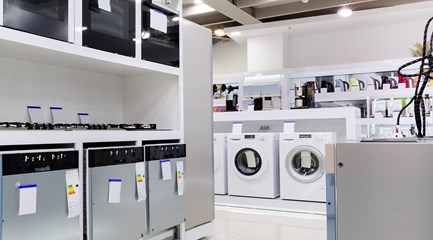To encourage the uptake of electric vehicles (EVs), access to charging points which are convenient and reliable, especially if charging at home isn’t possible, is essential.
Charging points are now being installed in various Scottish locations, from supermarkets to motorway services - although research indicates that being able to charge your EV at home is much preferred. As well as being convenient, home-based charging, particularly overnight, is usually cheaper. Dedicated home EV charging points are also safer and quicker than using a domestic plug socket as they communicate directly with the car and provide a higher power output.
Our research shows that a lack of convenient access - and the particular problems faced by those living in flats or high rise buildings - leads people to ignore the very real risk of electric shock or fire when charging their EV. These risks range from charging the EV from the household mains, to using extension leads unsuitable for outdoor use. The latter can also create considerable ‘slip and trip’ hazards from trailing leads on the public highway.
Although water and electricity don’t mix, a survey carried out by Electrical Safety First found that nearly half of Scottish EV drivers who use an extension lead for charging have left cables attached to their vehicle in the rain. We also found that 80% of those we surveyed knew they had used the wrong extension leads. And 74% of those who charged their EV via a household domestic socket blamed a lack of easy access to public charging points.
In Scotland, around 60% of people live in flats, tenements and terraced housing, where there are limited parking options – a particular problem for high density, multi-storey accommodation. Installing a home charging point can also be problematic, especially for tenants in the private rented sector (PRS). Landlord permission is required before installation and, for a variety of reasons, this may not be forthcoming. As 14% of Scottish households live in the PRS and flats account for 67% of all dwellings rented from private sector landlords, this is a significant issue.
In our policy paper, Plugging into the Future, we offer a series of recommendations to address these issues.
You can download the paper here.
More posts by Angela Murphy



